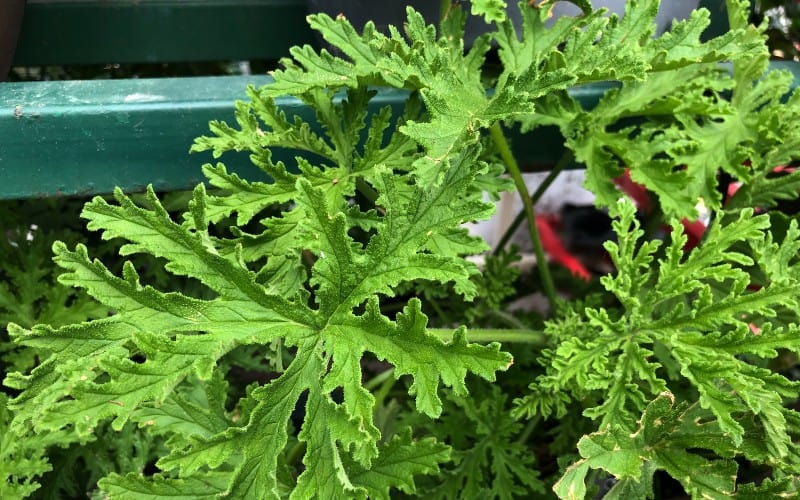Citronella plants are known for their many wonderful benefits. The plant is commonly called the mosquito plant, and for good reasons. It is believed that the fragrance of the plant repels mosquitoes and other bugs, thus making the plant a perfect addition to your home and garden.
But is citronella plant toxic to dogs? Yes! According to research, citronella plant and its products are toxic to dogs and may cause skin irritation if your dog comes in contact with it.
The simple solution to this dilemma is that your dog should not contact the citronella plant or even its by-product.
Table of Contents
What Happens If My Dog Eats Citronella Plant?
We have already established that the citronella plant is toxic to your dogs and may further cause skin irritation if your dog comes in contact with the plant. However, what happens if your dog ingests some citronella plants?
Research by ASPCA shows that dogs eating the citronella plant could cause stomach upset, resulting in vomiting.
Dogs could experience muscle weakness, loss of muscle coordination, depression, or even hypothermia if enough of the plant is ingested.
What to Do If Your Dog Eats Citronella Plant
Knowing how harmful the citronella plant can be to your dog is best if you don't have any citronella plant if you own a dog. But when happens if your dog jumps the fence to your neighbor’s garden and comes into contact with some citronella plant?
Your surest bet is to immediately seek veterinary medical care if you suspect your dog is suffering from adverse effects from eating a citronella plant. The veterinarian is competent to handle such situations.
Plants That Are Safe for Dogs
While it may be discouraging not to have citronella plants in your garden due to the adverse effect they may have on your dog.
The good news is that you can have some mosquito repellant plants that are safe for your dogs. Below are some plants that equally safe for your dogs and are bug repellant.
1. Basil
The good news is that if you can’t grow the citronella plant in your home because of your dog, you can easily switch to an alternative plant! Basil is relatively easy to grow, and the fascinating thing about the plant is that it is a mosquito repellant.
The basil plant's best feature is that it doesn't have to be crushed to release the scent that keeps mosquitoes away.
2. Catnip
Dogs and cats are fond of catnip. Another exciting feature about then is that it is mosquito repellent too. Research has shown that catnip plants are even way more effective than most of the chemicals used in repelling bugs.
Catnip can be planted at all seasons and multiplies. The only downside to having catnip in your garden is that it might attract neighborhood pets.
3. Lavender
Suppose you are looking for a garden plant that is safe for your dogs and will keep mosquitoes away. In that case, the beautiful and colorful lavender is a must-have in your garden.
Lavenders are indoor and outdoor plants and will thrive on your deck, porch, or windowsill.
4. Lemon balm
Lemon balm is also called horsemint, and it's relatively easy to grow. The plants also repel mosquitoes, and it's not harmful to your dogs.
The plant thrives better in sunny spots. The only downside is that bees and butterflies are attracted to lemon balm plants.
5. Peppermint
Peppermint plants have a strong, minty fragrance that keeps bugs away, and most importantly, they are not toxic to your dogs. The plant can also be used as herbs or added to your tea for a minty flavor.
Read Also:
- Is Speedwell Poisonous to Dogs?
- Is Coreopsis Poisonous to Dogs
- How To Grow Citronella Plant From Cutting
- Is Blue Star Creeper Poisonous to Dogs?
- Citronella Grass Vs Lemongrass
Conclusion | Is Citronella Plant Toxic to Dogs?
Is citronella plant toxic to dogs? Dogs are quite attracted to citronella plants, unlike cats that naturally deter the plant. We have already established that the citronella plant is harmful to your dog.
It is imperative that all citronella plants and products away are kept far away from your dog. Thus, apply caution when using citronella products around your dog. Also, ensure that your dog doesn't have access to any citronella plants in your garden.





